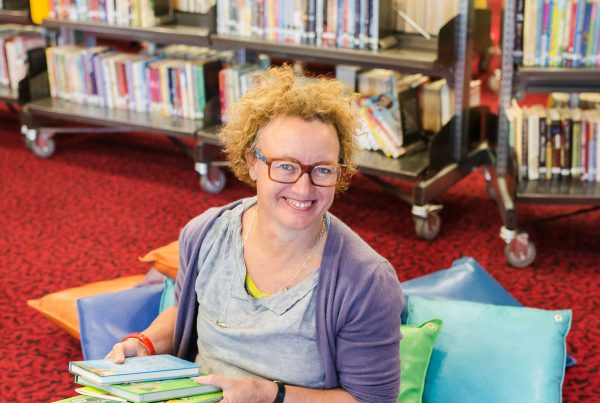
Davies-Colley is – or was – a teacher, and thinks in deciles. The new subdivision is in the zone for the decile 5 school he used to head, Aotea College. But he left in 2011, convinced he could do more about the growing social gulf outside the classroom than in. “As much as there are teachers who are wanting to make a difference, they can’t make a difference to that many kids,” he says. “And they aren’t able to relate to every kid, and they don’t have the same level of influence [as parents and the community], because they are not seeing them every day.”
The gulf between children in the Block and the Creek opens up early on. The most important period of brain development, Davies-Colley says, is from birth to age three. But many of the Creek kids will miss out on the best possible start, in line with overseas research showing less able rich kids overtaking brighter poor kids in those early years.
As we drive down from the Block, winding towards Cannons Creek, the houses around us becoming progressively smaller and more dilapidated, Davies-Colley tosses out all kinds of ideas to help bridge the gap. There’s a “habitual learning programme” – “what the latest brain research shows is that… unless you review within 24 hours, you have lost 80 percent of your new learning” – and a ‘coding dojo’, where kids could learn to build, and programme, their own computers.
Much of this has to do with the digital divide. In a world supposedly more connected than ever, just one-third of Cannons Creek households (at the 2006 Census) had computers – let alone an Internet connection. So Davies-Colley runs Computers in Homes, providing computers, and computer training, to low-income families. While some people focus on the technology, he says, “It’s really about confidence.” He’s also been pushing a project called Cannons Creek Free Wireless, which will soon provide 200–300 homes – and, funding permitting, whole suburbs – with free wi-fi access.
“I was, until ten years ago, probably fairly right wing,” Davies-Colley says. “Or certainly right of centre. And over the time I spent in some communities… I could see it was never a level playing field. And that means we have to do something to help people who are in the dips in that playing field.”
Personal experience has also made him increasingly interested in supportive, bridging approaches. Several years ago he lost a leg in a car accident, when another driver lost control and crashed into him. But through a restorative justice programme, he learnt that the other driver was “a good kid” who was simply “driving angry” after being let down by his father. “It’s hard [doing restorative justice], but you get to hear the background, you get to fill in the gaps.”
As he’s saying this, we arrive on York Place in Cannons Creek, looking back up at the block above. This is the other end of a divided Porirua, one that has 30 percent of its population in deciles 1 and 2, nearly half in deciles nine and 10, and hardly anyone left in the middle.
There are bigger things at play here than just knowledge – but it still matters, Davies-Colley says. “In a revolutionary sense, if you look at the Cuban Revolution, one of the reasons it was so successful was down to… the emancipatory literacy programme that was running. It meant that people were learning not just words – they were learning worlds.”




